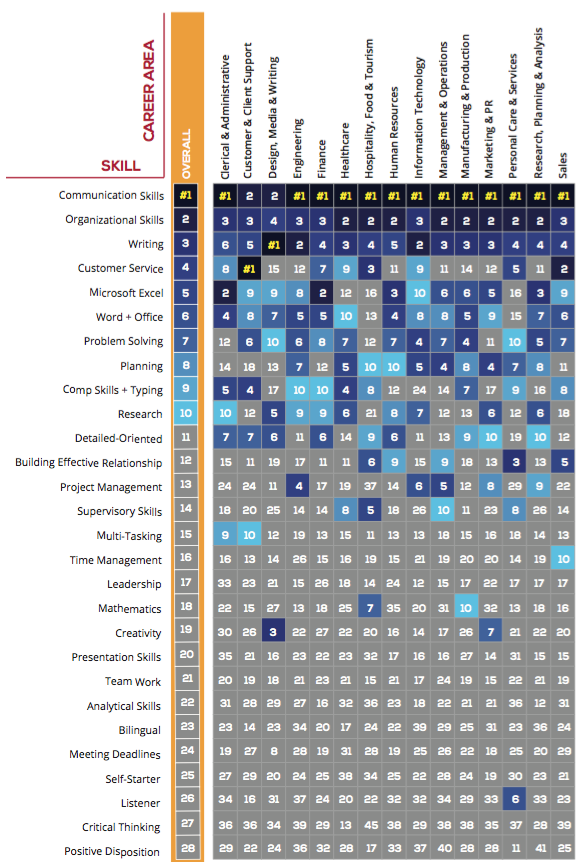“Skill in the art of communication is crucial to a leader’s success. He can accomplish nothing unless he can communicate effectively.” Anonymous
Communication is the root of every single relationship you have in your personal life. This also holds true in business. Good communication facilitates the day-to-day operations within a business. This is especially important in small businesses. As small businesses grow, effective communication becomes an important part of running the business. Phyllis McClauchlan owned and operated a wide variety of businesses in her lifetime. She currently owns and operates a Drive-In theater and previously owned a restaurant and a lighting store with her husband in Florida. My interview with her will provide an authoritative view about what employers expect from professional communicators in the small business world. Simple investments in the area of communication can make a huge impact in the success of your business. Skillful communication in business is the difference between sealing the deal and not taking any important opportunities.
The Interview
Question One: What is your professional history (include your timeline and roles)?
● Owner and Manager of a Home Lighting Store from 1972 to 1975
● Ran tests as a Hospital Medical Lab Technician from 1985 to 1994
● Owner and Manager of a Restaurant from 1992 to 1993
● Owner and Manager of a Drive-In from 1995 to Present Day
Question Two: What writing advice do you have for professional communicators?
My advice for professional communicators is to be clear, concise, and to get to the point. When it comes to being in a business setting, precision and conciseness gets to the point more than a message that is lengthy and convoluted. time runs short. Write exactly what you see and hear. Your audience will also accept a message that is clear, concise, and easy for them to understand.
Question Three: What is your one pet peeve when it comes to professional writing?
Misspelling and grammatical errors are two of my biggest bet peeves. If communicated with correct grammar, a message and its purpose can be easier to understand. Proper grammar keeps you from any misunderstanding the audience might experience while expressing your ideas. It feels off putting when I receive a job application that contains grammatical errors and not well written. Another person that you trust should proofread it.
Question Four: What business reports do you read/compose regularly?
I read two-business reports regularly. One is Fortune 500. It is an annual magazine created by Fortune that lists 500 of the largest companies in the United States and ranks them by total revenues for certain financial years. The assembled list uses the most recent numeric value for revenue and contains both public and private companies that has revenue data available to the public. The other business report that I read is the Better Business Bureau (BBB) profiles. Better Business Bureau profiles is a non-profit organization created in 1912 that uses an accredited business process to assign rankings to different businesses, charities, and non-profit associations.
Question Five: What suggestions about writing do you have to make those types of reports successful?
I recommend doing research on the topic of discussion and confirming facts and data. Secondary sources can be acceptable. They are results of research that another person or a group of people completed.
When researching, make sure any sources that you have are credible. Always double check facts before including them in a writing or in a speech. Furthermore, you should always consider your readers. Make sure the report answers all their questions. Include relevant and important data.
Question Six: What speaking advice do you have for professional communicators?
Make sure you prepare. Plan for what you want to communicate to your audience and how your message will achieve its intended purpose. Rehearse what you want to say before you deliver the message in front of your audience. It will help you talk with a clear voice when in front of your audience. It is also important to know your audience. They will be more likely to agree with your message if they understand what you present.
Question Seven: Name one thing you wish you had known about business communication prior to your professional career.
I wish I had known how to adapt when it came to people I hired and worked with better. You encounter many different personalities as a manager. It is important to know how to react and handle different attitudes and situations. I also wish I had known how to interact and respond in all situations.
Question Eight: After assessing the Burning Glass list of Baseline Skills (2016), which skills not in the top 5 would you move into the top five and why?

- Problem solving because it is helpful in controlling the environment in business situations. Small businesses always trying to solve solutions to problems that arise.
● Multi-Tasking improves productivity. The ability to switch from one task to another without delay increases efficiency.
● Team work to help with problem solving. Employees work together to reach a common goal. Teamwork can also increase productivity. Tasks tend to be faster and more efficient when a team works together to trying to complete them. Furthermore, employees will motivate and encourage each other to reach their goal.
● Self-starter because it is important for people to think outside of their job description. Self-starters have the ability to get tasks done.
● Listening because it provides an effective relationship between employees and management. Listening effectively enables you to make good decisions that benefit your business. Failing to listen can cause miscommunication.
Question Nine: What team skills do you feel young professionals need the most?
Communication skills are the most important. Team workers need to be proficient at verbal communication, listening, and questioning. It is important for all team members to effectively communicate in order to work effectively together.
Key Takeaways
Phyllis McClauchlan believes that effective communication is the most important skills you can use in your business. After analyzing the interview points, I certainly agree. Communication seems to be a critical foundation for a successful business. At the small business level, managers must communicate with employees, vendors, customers, press representatives, and legal representatives. A business needs effective communications to establish clear expectations for employees as well as customers. For employees, clear communication will convey how their performance will influence the company. It helps eliminate misunderstandings and can encourage a healthy and peaceful work environment. You will find that the business runs more quickly and professional. For customers, clear communications can help manage their expectations about service issues. Communicating better with your customers will create better experiences that leave them more likely to buy from and refer your business. Small business owners should implement effective communication practices to help build a solid foundation for success. Good communication means your message is actuality sent and received in a clear, concise way.
Biography
Phyllis McClauchlan is a current resident of Ft. Myers, Florida and attended college at Indiana University Northwest. She believes, from her experience, that successful businesses should have a strong ability to engage with their customers, employees, and the community. Businesses, especially small businesses, have to take steps to implement strategies impacting the effectiveness of their business communications. As a result of the interview with her, she shares that effective communication builds good relationships, whether it is for yourself and/or professionally. Phyllis has not only owned and operated many businesses, she also volunteers, in her spare time, at the local animal shelter. She is an inspiration for women and her determination and hard work shows that nothing is impossible.
Author Bio
Jessie Wright is a first semester junior at the University Of Southern Indiana majoring in Computer Science.

